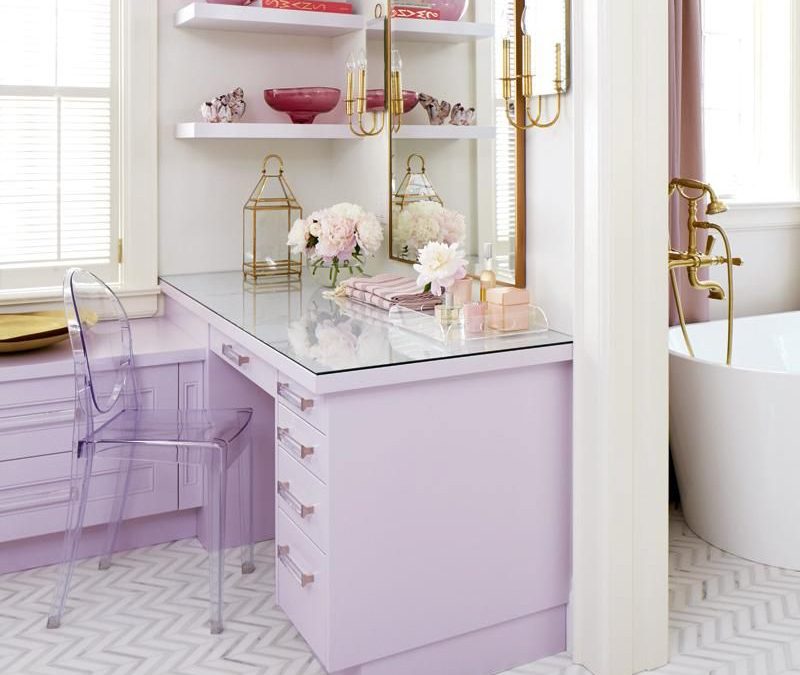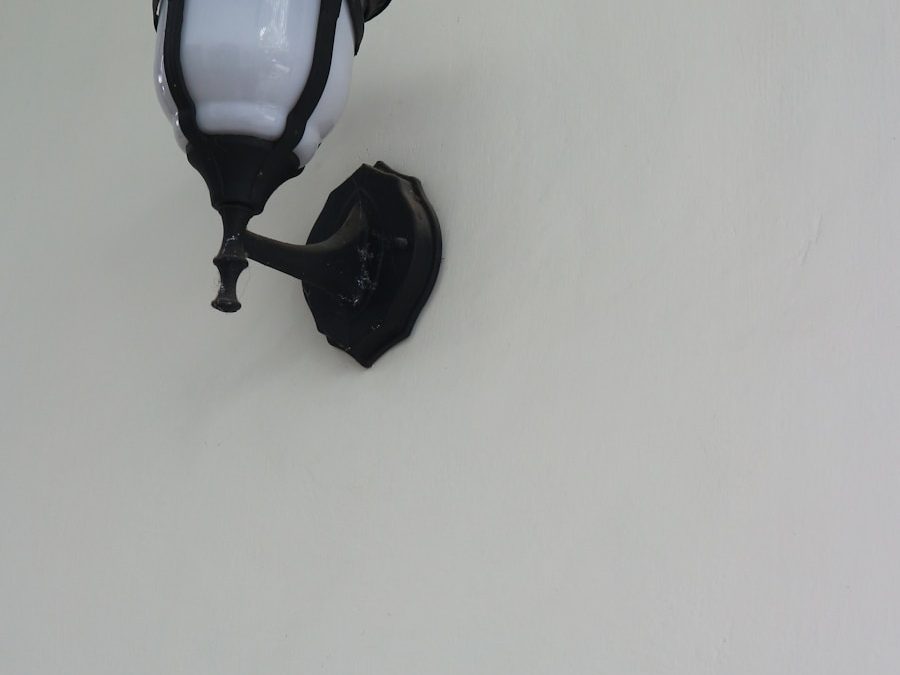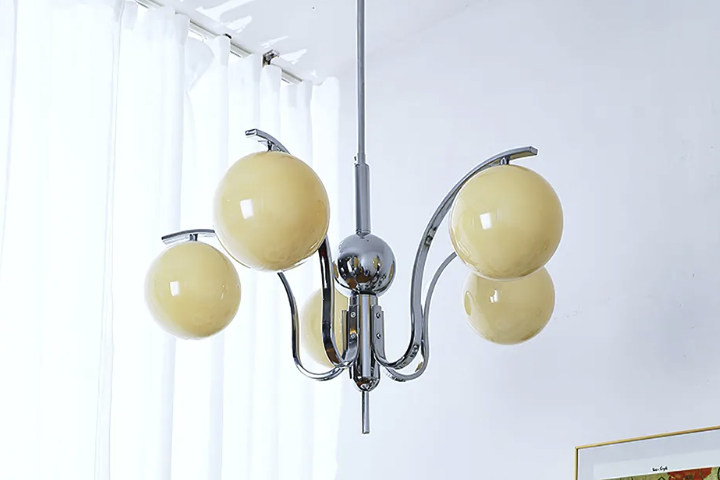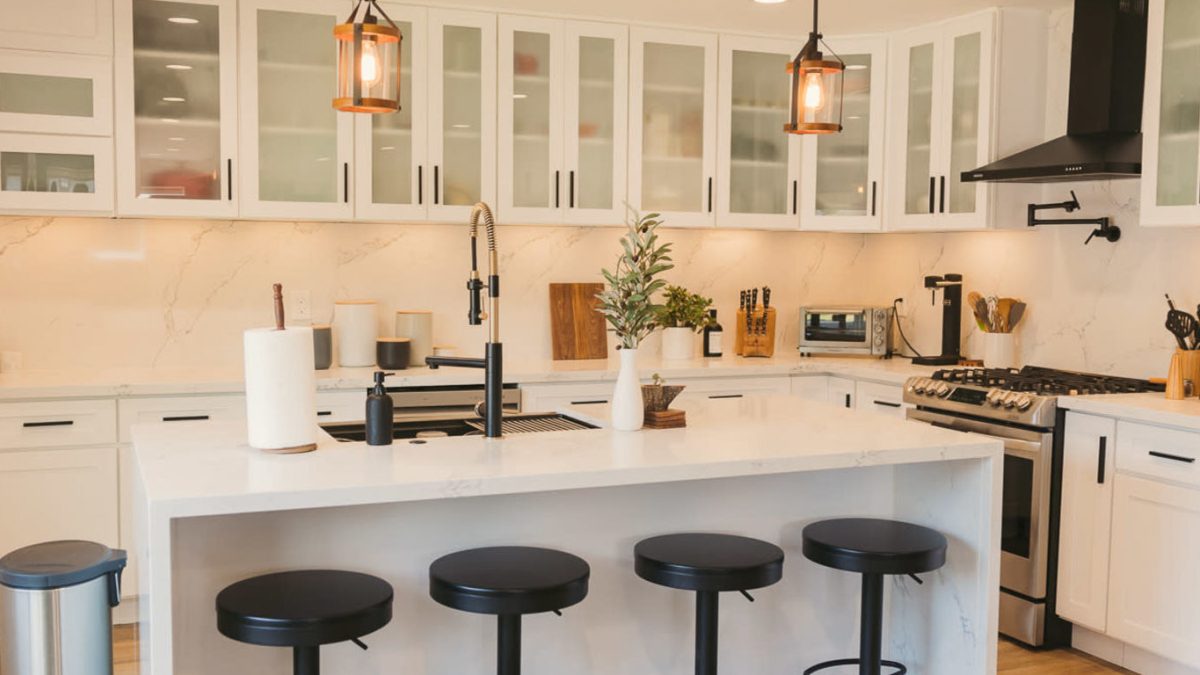
The Art of Hangings: Exploring the Many Possibilities of Suspension Murale
Introduction
Suspension murale, which means “wall suspension” in French, is a type of mounting system that allows you to hang objects on a wall without using a traditional frame or stand. This method of display has gained popularity in recent years due to its versatility and ease of installation. With a variety of materials and techniques, suspension murale can be used to showcase a range of objects from photographs to sculptures. In this article, we explore the many possibilities of suspension murale and how they can be used to create unique displays.
Materials
The first step in creating a suspension murale is to choose the right materials. You will need a sturdy wall mount, such as a hook or bracket, and a method of attaching the object to the mount. Here are some of the most common materials used in suspension murale:
Wire
Wire is a popular choice for hanging lightweight objects such as pictures and posters. It is easy to work with and can be twisted or braided to create a unique look. Wire also allows the object to hang flat against the wall, creating a seamless look.
Rope
Rope is a more sturdy option for hanging heavier objects such as mirrors and shelves. It comes in a variety of thicknesses and textures, allowing you to customize the look of your display. Rope can be tied in knots or woven into patterns for added interest.
Chains
Chains are a strong and durable option for hanging heavy objects such as sculptures and tapestries. They come in a variety of styles and finishes, from rustic to modern, and can be used to add a decorative element to your display.
Techniques
Once you have chosen your materials, it’s time to decide on a suspension technique. Here are some of the most common techniques used in suspension murale:
Single Point Suspension
Single point suspension involves hanging the object from a single point on the wall mount. This technique works well for objects that are light and have a small surface area. It creates a floating effect that can add depth to a display.
Multi-Point Suspension
Multi-point suspension involves hanging the object from multiple points on the wall mount. This technique is ideal for heavier objects that need extra support. It also allows the object to hang at an angle, creating a dynamic and interesting display.
Grid Suspension
Grid suspension involves creating a grid of wall mounts and hanging each object from a separate point. This technique is perfect for displaying a collection of smaller objects, such as photographs or postcards. It creates a cohesive and organized look.



